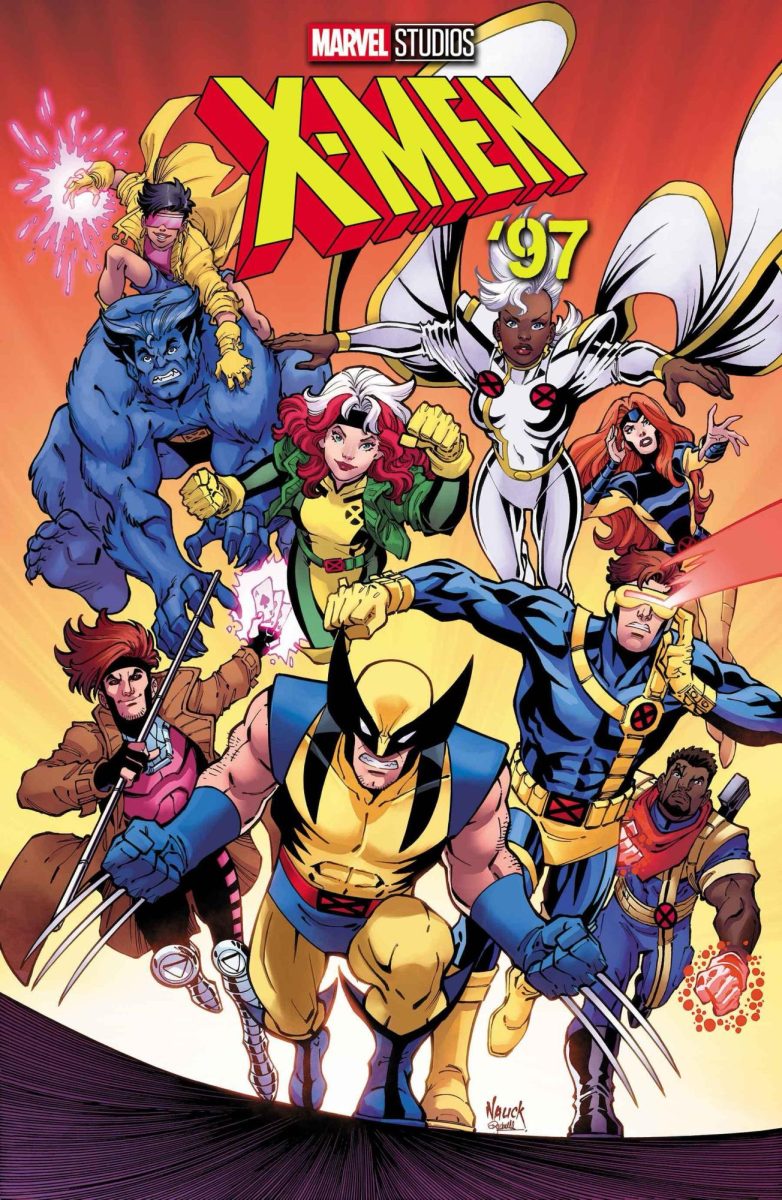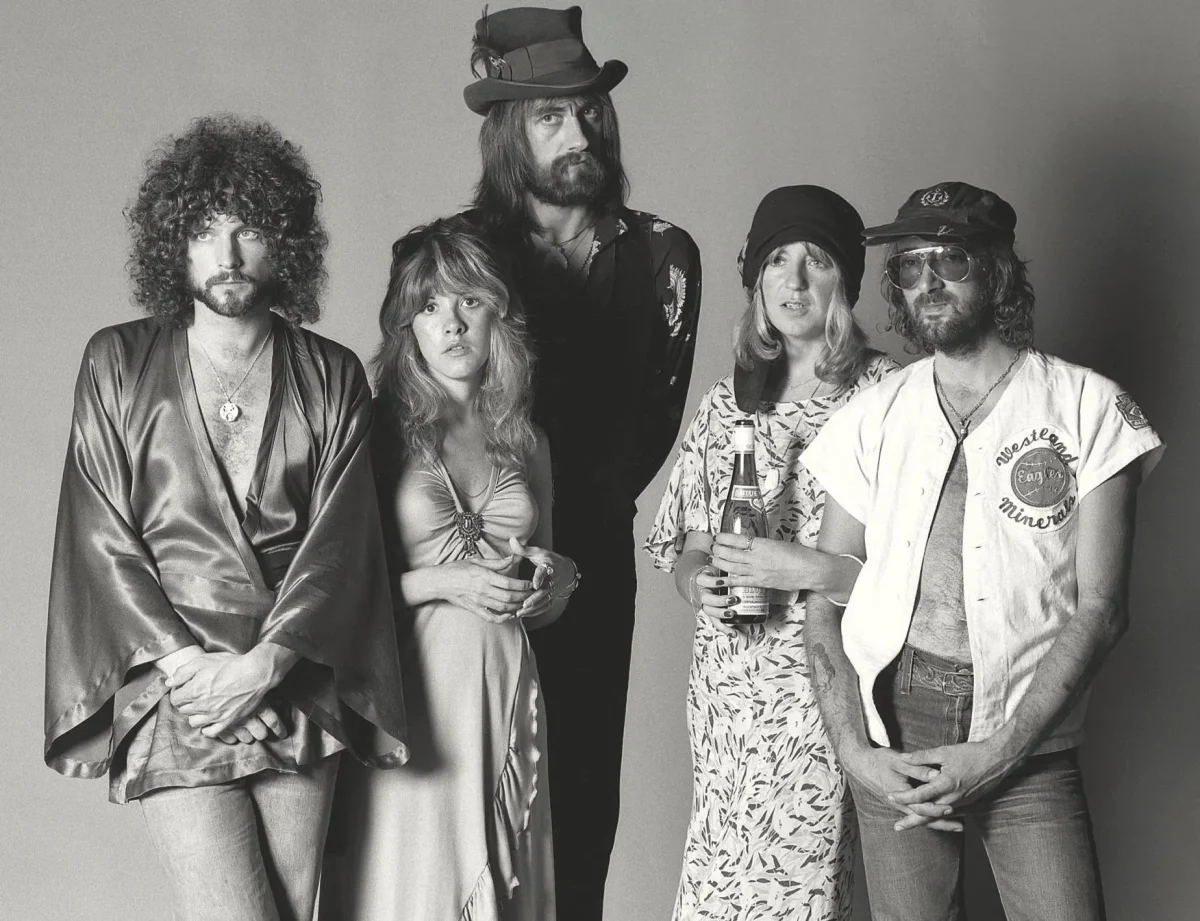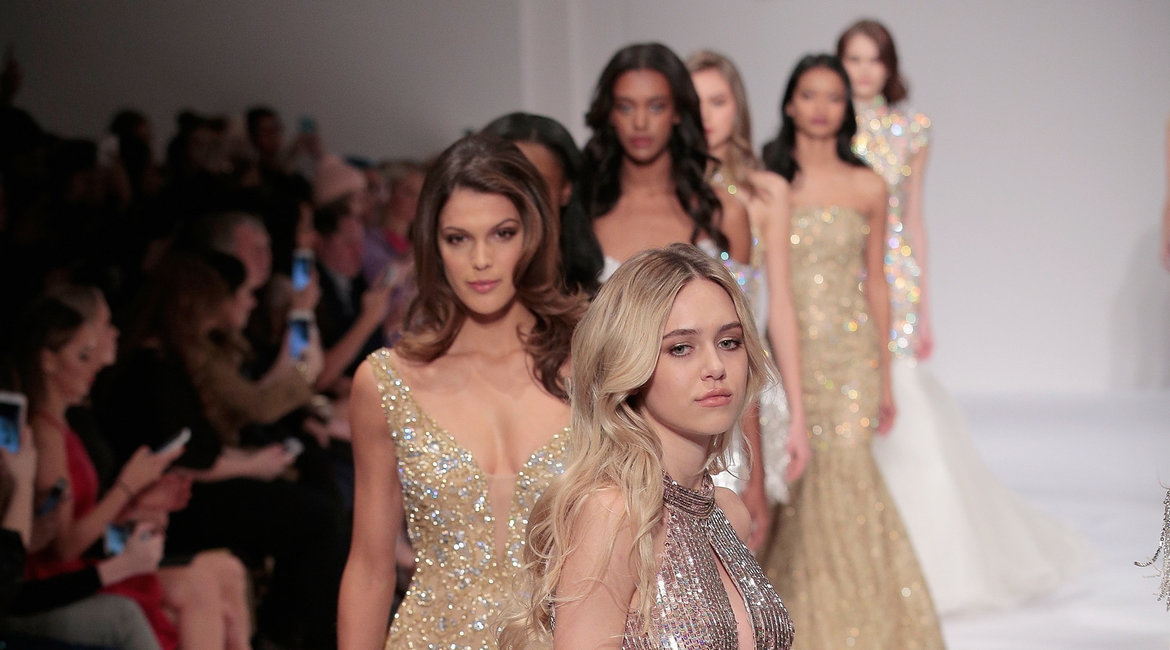Marvel Comics has had a long history of providing political, cultural, and otherwise historically relevant information into their comics. From world wars to the topic of racism, there will always be some form of social commentary in both the Marvel comics as well as the MCU (Marvel Cinematic Universe). With the recent addition of Deadpool and Wolverine to the MCU, now is the perfect time to bring recognition to what could be one of the most historically significant stories in the Marvel Universe: X Men.
The X Men first appeared in “X-Men Volume 1” in September 1963. The comics follow a superhero group of mutants called the X-Men, who regardless of being cast out from society, work to fight for social justice and harmony between mutants and humans. Unlike typical comics, which usually explain how the superhero’s gain their powers (a prime example being Spiderman and the radioactive spider), the X-Men are comprised of “mutants” who, similarly to the dictionary definition of “mutant,” have a genetic component from birth that gives them supernatural abilities. Now, regardless of the fact this is not by choice and rather by design, these mutants are subject to horrific displays of discrimination and violence.
The depiction of discrimination in the X-Men franchise can be juxtaposed to that of other marginalized minority groups including but not limited to people of color, people with disabilities, and LGBTQ individuals. Oftentimes, the series would make wide arguments and reprimand the mistreatment of people simply because of “differences.”
One of the most notable characters, Magneto, otherwise known as Erik Lensher, is a Holocaust survivor whose parents were killed by German Nazis. Lensher is characterized by his resilience and determination to create a safe haven for mutants who have been wronged by society. Some readers have criticized the series for depicting Lensher as a villain, claiming that the series contributes to antisemitism by pushing negative connotations on an outwardly Jewish character. However, others have made the claim that because Lensher is an anti-hero, he is not being villainized, and he is even oftentimes sympathized with by the audience.
Other characters like Raven, Beast, and Nightcrawler are discriminated against for having blue skin–and many times are even outcasts from their own kind simply due to this trait. The idea that they are facing ever harsher forms of discrimination and hate simply due to their skin color mirrors some other people of color’s struggles in the world throughout history. There are even instances of police brutality against Raven specifically, who in the movie “X-Men: Days Of Future Past” is tackled by a group of police officers and held against her will.
All in all, X-Men does a fabulous job capturing and bringing light to the issues with which our society has had to deal. It is important that we continue to advocate for minority groups, and by having a mainstream series like X-Men call awareness to such topics, it certainly creates an inclusive space where all people may feel heard and seen.
Sources: X-Men









